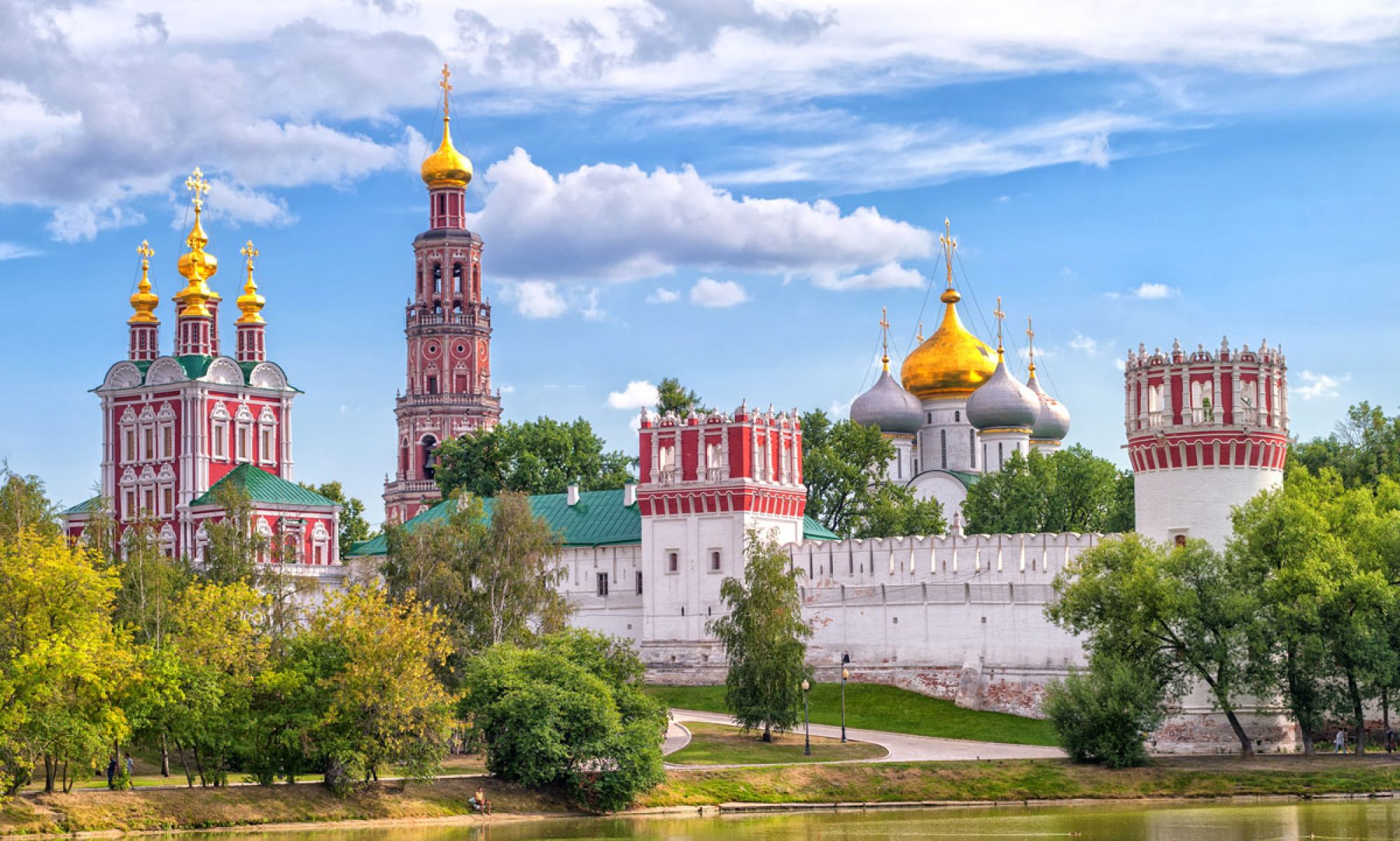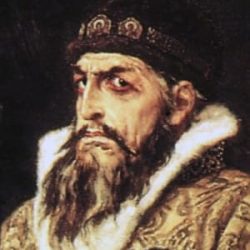Dan A. and Paige K.
In Alexander Herzen’s Young Moscow he diligently describes his experiences with Vissarion Belinsky, a popular Westernizer and Russia’s greatest literary critic, and of the many intellectual circles that formed amongst the well educated men of Russia. He recounted his time as a member of one of these groups, their conflicts with others, and of times of exile. Herzen also focused on the founder of Stankevich’s circle, Nikolai Stankevich. He describes his upbringing, education, and his ability to recognize the abilities of others. He ends his work with a focus on the superiority of Russian thought, the Russian people’s conviction and enthusiasm, and their extreme devotion to the pursuit of knowledge.
Belinskii’s Letter to Gogol (1847) marks the end of a comradery. The pair parted ways in a dramatic fashion following the publishing of Gogol’s book in which he outlined the importance of sermons and tradition in Russia. Belinskii equated religion to the destruction of Russia and named instances where religion lead Russia astray. The letter tells the Russian people that the most important social issues are serfdom, corporal punishment, and observance of the laws. None of these issues, according to Belinskii, can be achieved with religion in play. Belinskii also adds that Russian people, as a whole, are atheists and should not be governed by religion. Belinskii concludes the letter by urging Gogol to atone for his sins by publishing a book that refutes his claims.
The Catechism Of the Revolutionary lists a set of guidelines for members to follow. The members are expected to fully submit to the ideals set forth by the group. Members are largely split into categories based upon their socioeconomic standings. The Catechism creates a sense of urgency in which members are expected to take immediate and severe actions in order to be revered as members. The Catechism also mentions the role of women within the group and mentions a small subset of them to be a, “precious resource.” The group reveres itself as the one, true revolution in Russia.
- In Belinskii’s Letter to Gogol he argues that the Russian people are a naturally atheistic people (Pg. 256). Are there any examples of this in any of our past readings? What do you think the implications are of such a comment?
- Before Vissarion Belinskii wrote this devastating letter to Nikolai Gogol, he had actually admired him. Belinskii, as the leading literary critic of Russia, actually introduced Gogol to the Russian reading public as someone in touch with Russia. For what reason does Belinskii believe Gogol departed from his usual beliefs? Why is it that the reason is all the more infuriating to him?
- Belinskii conveys a very notable idea in his letter to Gogol. He argues that there is no need to take part in the exact rituals of the church in order to be a Christian (Pg. 259). What are the implications of these comments? Could this be a call back to the Schism in Orthodox Christianity?
- On page 254, Belinskii writes that Russia can no longer be defined by religion because “she has heard enough of them (prayers)” but lists the “vital national problems in Russia today are the abolition of serfdom and corporal punishment and the strictest possible observance of the laws which already exist.” How does religion work against Belinskii’s goals for Russia? Why can’t Orthodoxy and justice coexist?
- In this document, we also see one of the first mentions of Hegel, specifically that his writings were in the hands of supporters of ultra-Slavism. Hegel, being a Western philosopher, would more than likely be shunned in the eyes of proponents of Slavism. What point is Herzen trying to make in arguing that even in reading authors of western origin Russians become even more dedicated in their support of Slavism?
- Page 325 of Young Moscow touches on the issue of hating one’s country. Herzen writes, “The separation of the states of North America from England could lead to war and hatred, but it could not make the Americans un-English…” What is Herzen alluding to with this statement? How can this statement of identity be related back to Russia?
- What parallels can be drawn between the Decembrist (Union of Welfare) manifesto and The Catechism Of the Revolutionary? What does the comparison between these two works reveal about the ‘current’ state of Russia?
- The Catechism of a Revolutionary creates a striking visual on page 353 of high ranking individuals being exploited for their benefit. How does this flip the narrative of Russia’s social structure, that we have become accustomed to?
- The Catechism wrote its’ doctrine with language that insinuates that the content is urgent. Specifically, page 354 (P. 24) outlines that the group is only focused on the present and leaves future generations to figure out the future. But, P. 13 says that members should not have offspring or families. Where is the Catechism drawing new members from? Does this lack of planning portray the Revolution in a rash light?

